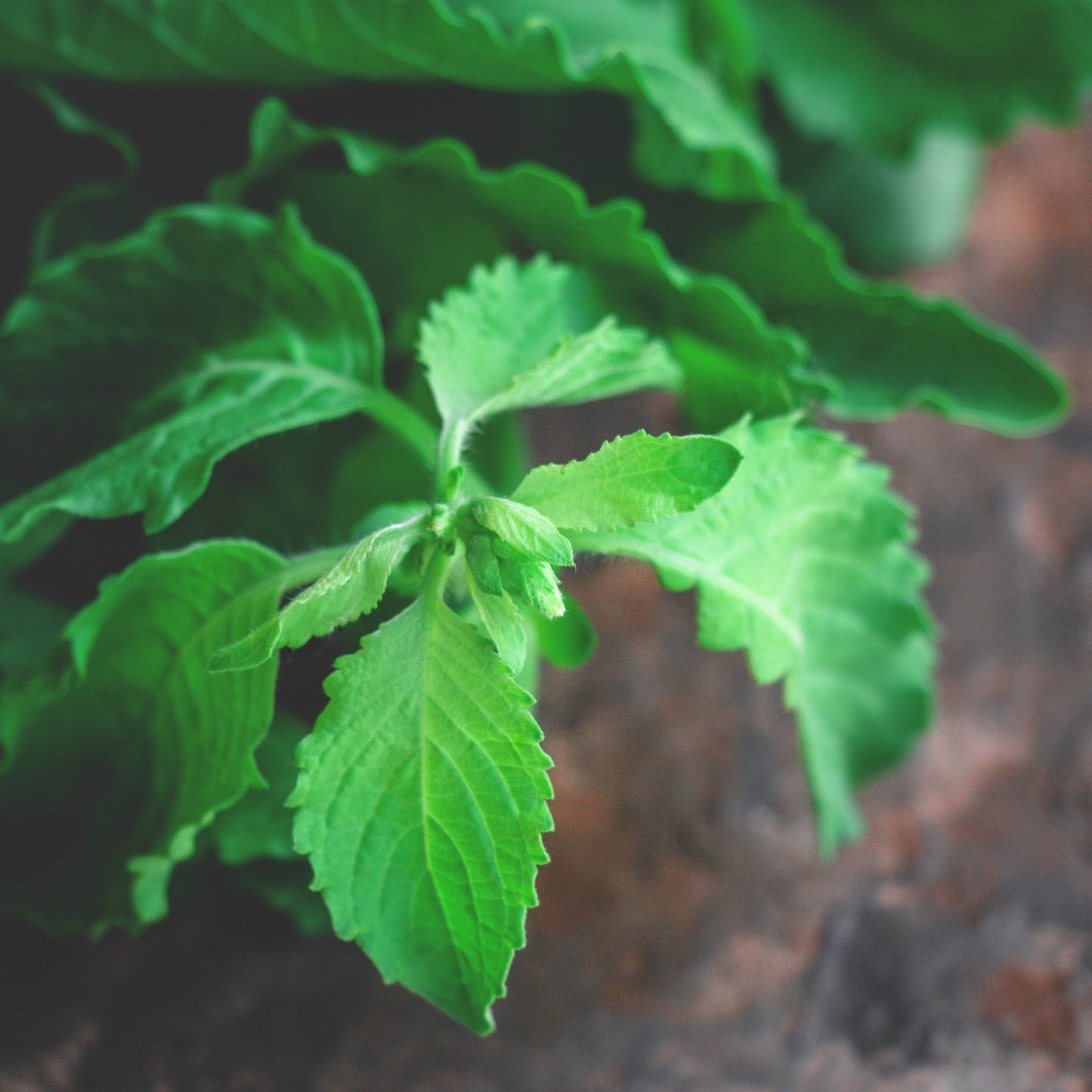
WHAT YOU NEED TO KNOW ABOUT HOLY BASIL (TULSI)
Holy basil is an aromatic shrub in the Lamiaceae basil plant family. Also scientifically, known as Ocimum tenuiflorum or Ocimum sanctum and also known as Tulsi. It is believed to have originated in north central India and now grows throughout the world.
There are two commonly known types of Tulsi; Shyam Tulsi, which is a dark pinkish-purple, and Rama Tulsi, which is white and green. Other types of Tulsi include Krishna Tulsi (Ocimum tenuiflorum) and Vana Tulsi (Ocimum gratissum). Holy basil Tulsi is one of the most common plants in India.
What are the Health Benefits of Holy basil?
Holy basil has been shown to boost the body's health in a variety of ways. It can help protect against infection, lower your blood sugar, lower your cholesterol, ease joint pain, and protect your stomach.
Who should avoid holy basil?
Holy basil is probably safe for most people; however, Pregnant and breastfeeding women, women who are trying to become pregnant, and people with type 2 diabetes, hypothyroidism, and those undergoing surgery should avoid holy basil.
Does holy basil tea help with sleep?
Because of its calming effects, you may be wondering if holy basil can make you sleepy or reduce your energy, but in fact, holy basil does neither. Consuming the herb just helps you maintain balance, so you feel good during the day and ready to rest by the time you hit the pillow.
When should you take Holy basil and how many times should you take it a day?
The typical dose range for holy basil is between 300 mg, taken two to three times daily; 2 to 4 cups daily, and consider lower doses for children (e.g. 100 mg twice daily). Look for a standardized freeze-dried or liquid extract; it can be taken as tea. Holy basil can be taken with precaution within the dosage range.
Are there any side effects of taking too much Holy Basil?
However, there have not been any proven facts that Holy Basil has side effects, while clinical trials are still being carried out other researchers believe that holy basil is generally safe for regular consumption and topical use. While others believe;
- People use holy basil for anxiety, stress, diabetes, high cholesterol, and many other conditions, but there is no good scientific evidence to support any of this
- Holy basil can have side effects, such as nausea or diarrhea. The safety of taking holy basil for longer than 8 weeks is still a mystery to solve.
- A severe allergic reaction is a possible serious side effect of any medication. Symptoms may include breathing difficulties, itchiness, and rash
- Like other medicinal herbs, holy basil is considered safe, even for long-term use and it is not known to interact with other medications.
What are the uses of Holy Basil aside from making tea?
- Extracts, oils, and supplements can also be made from holy basil seeds, leaves, flowers, and stems.
NOTE; this information is based on research from various medical personnel and sites, and it is not yet medically proven as indicated in the paragraphs above. For further guidance please, seek medical advice from professional medical personnel.
